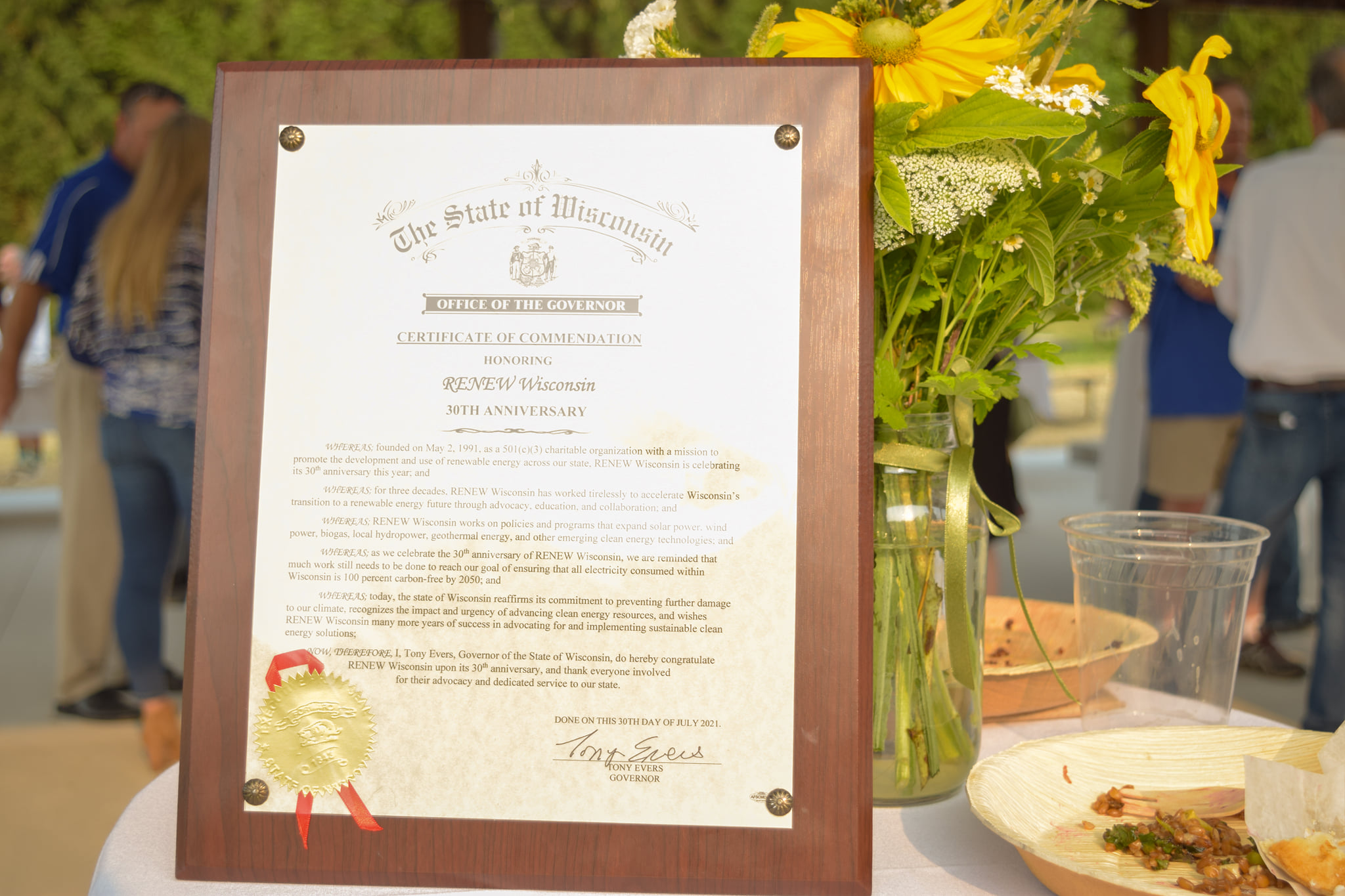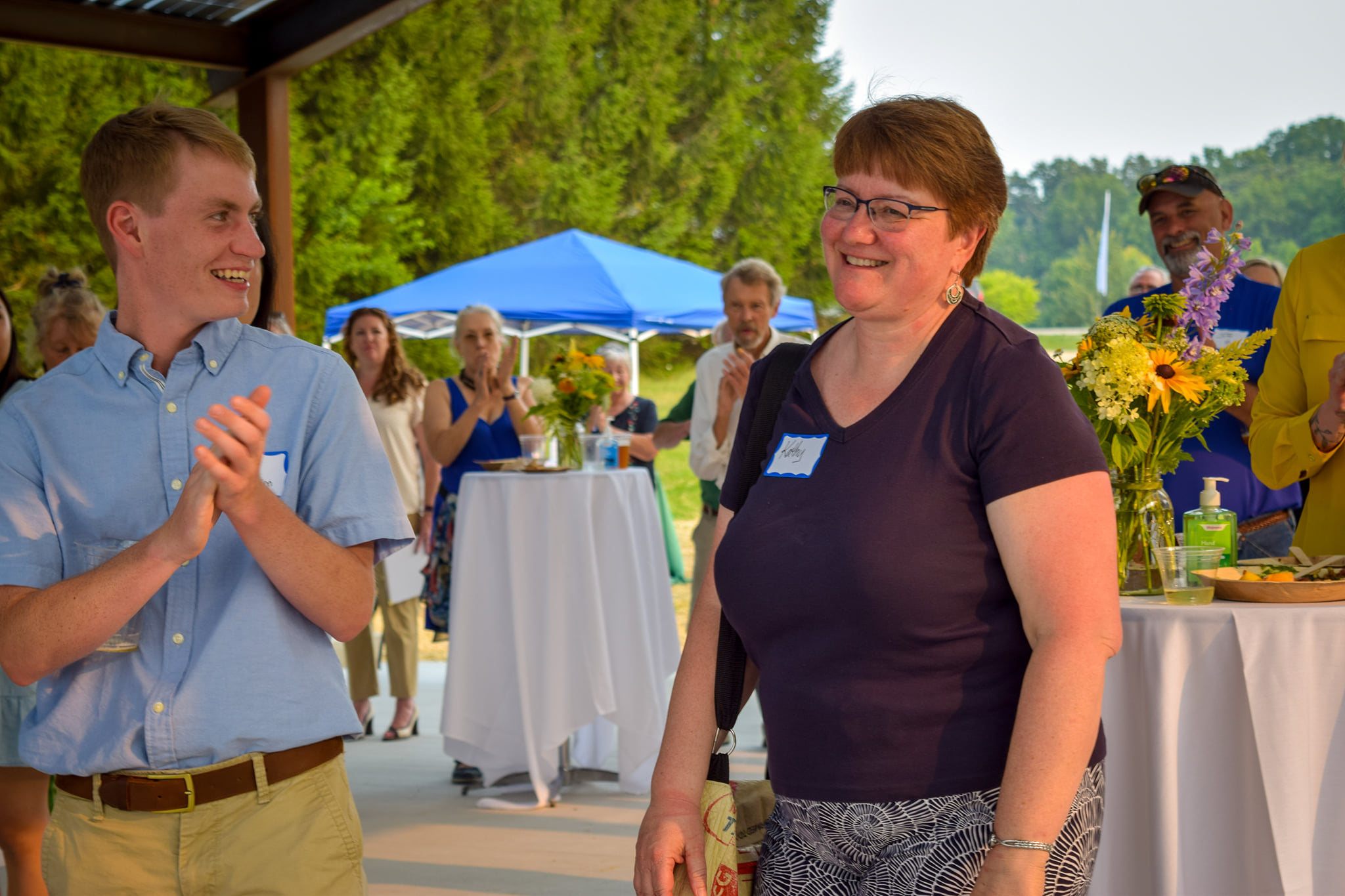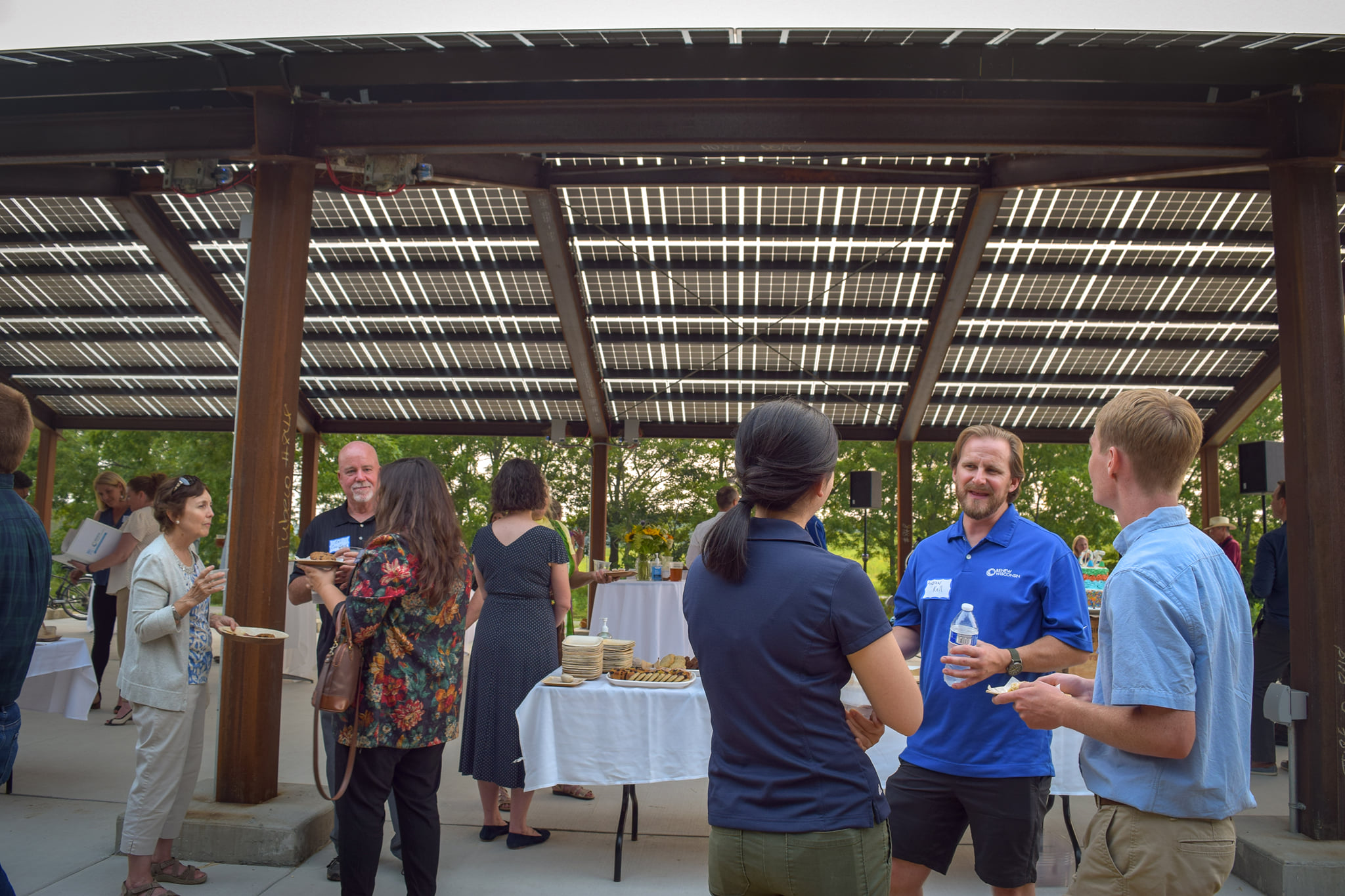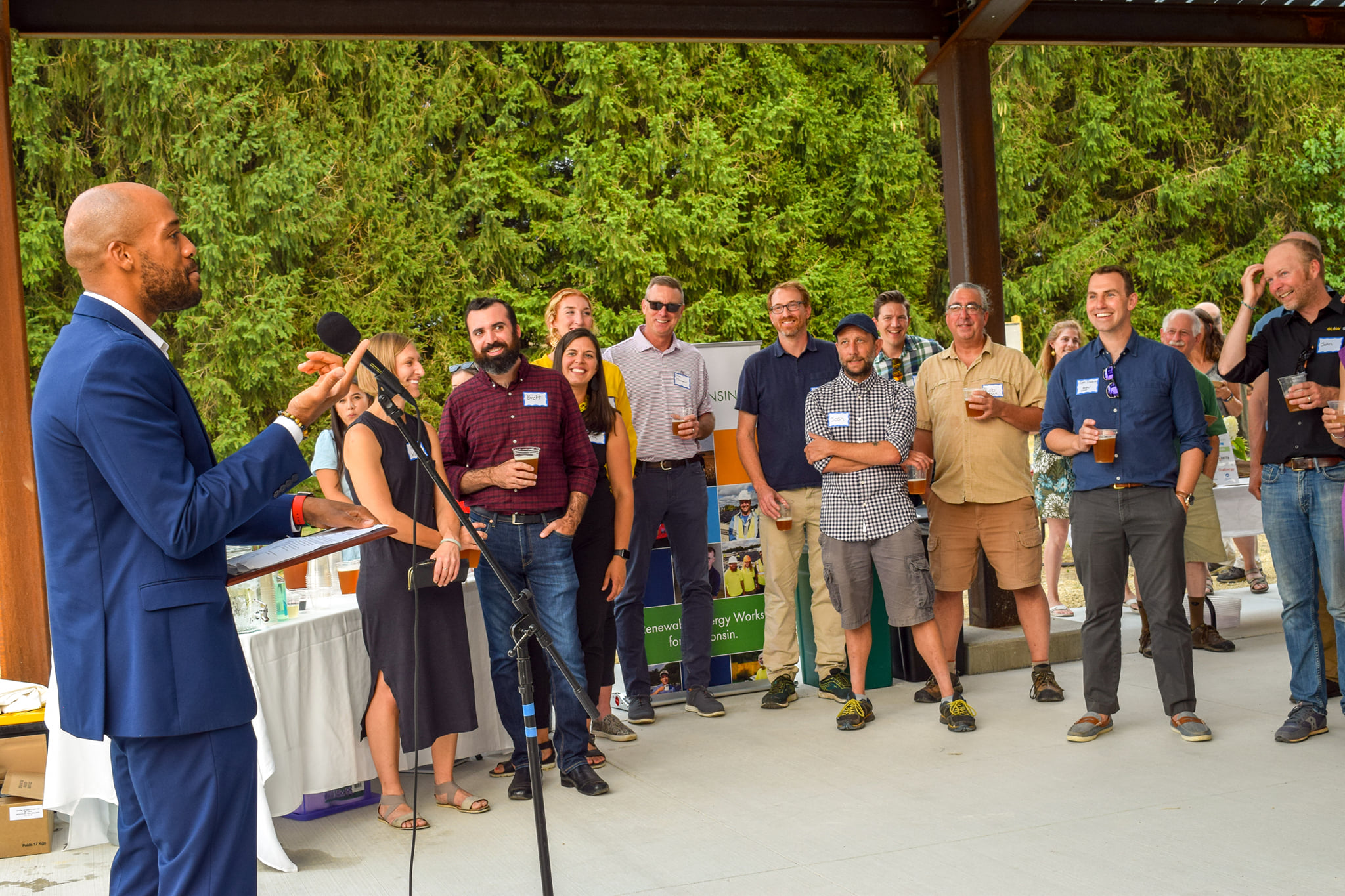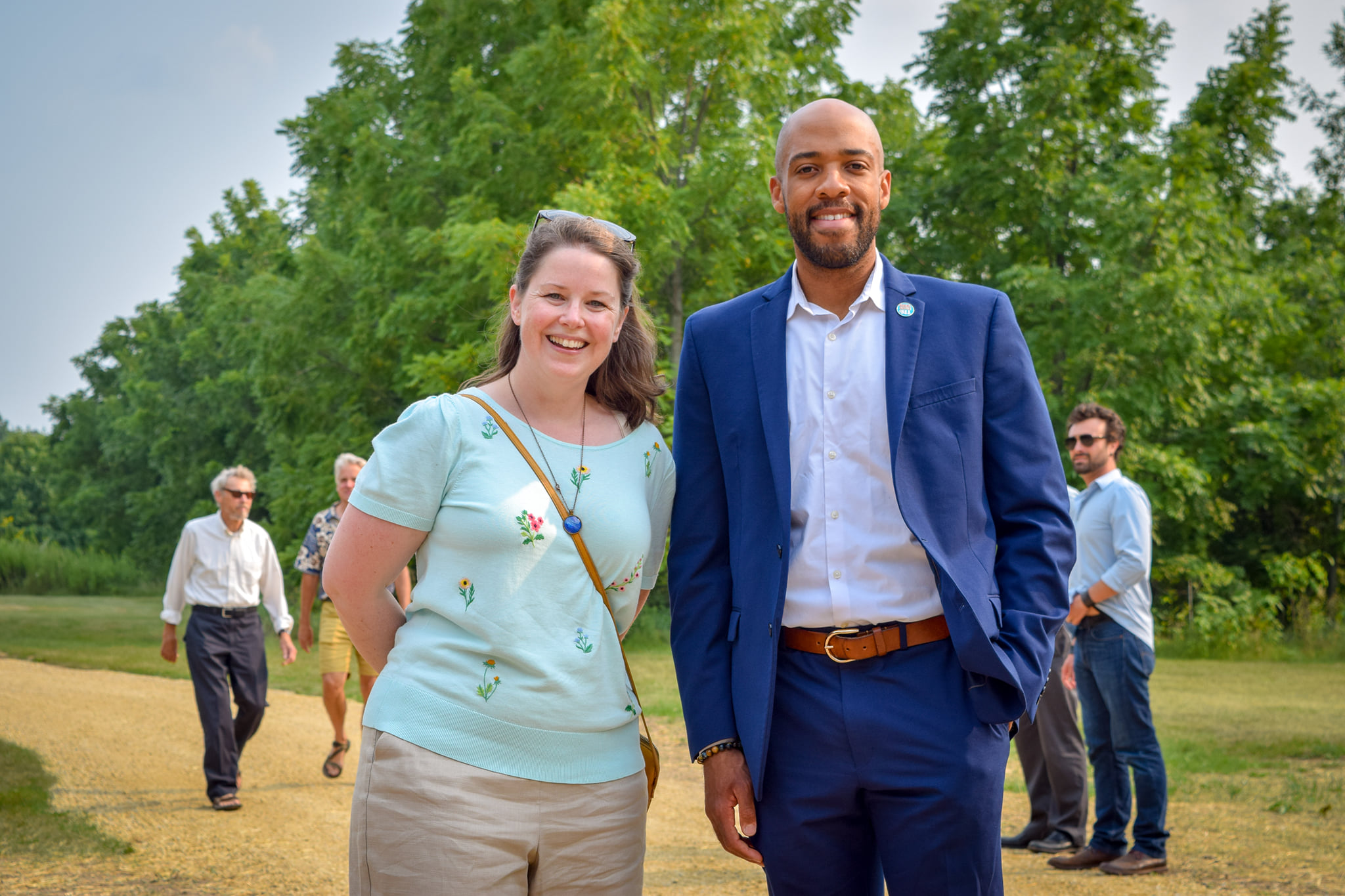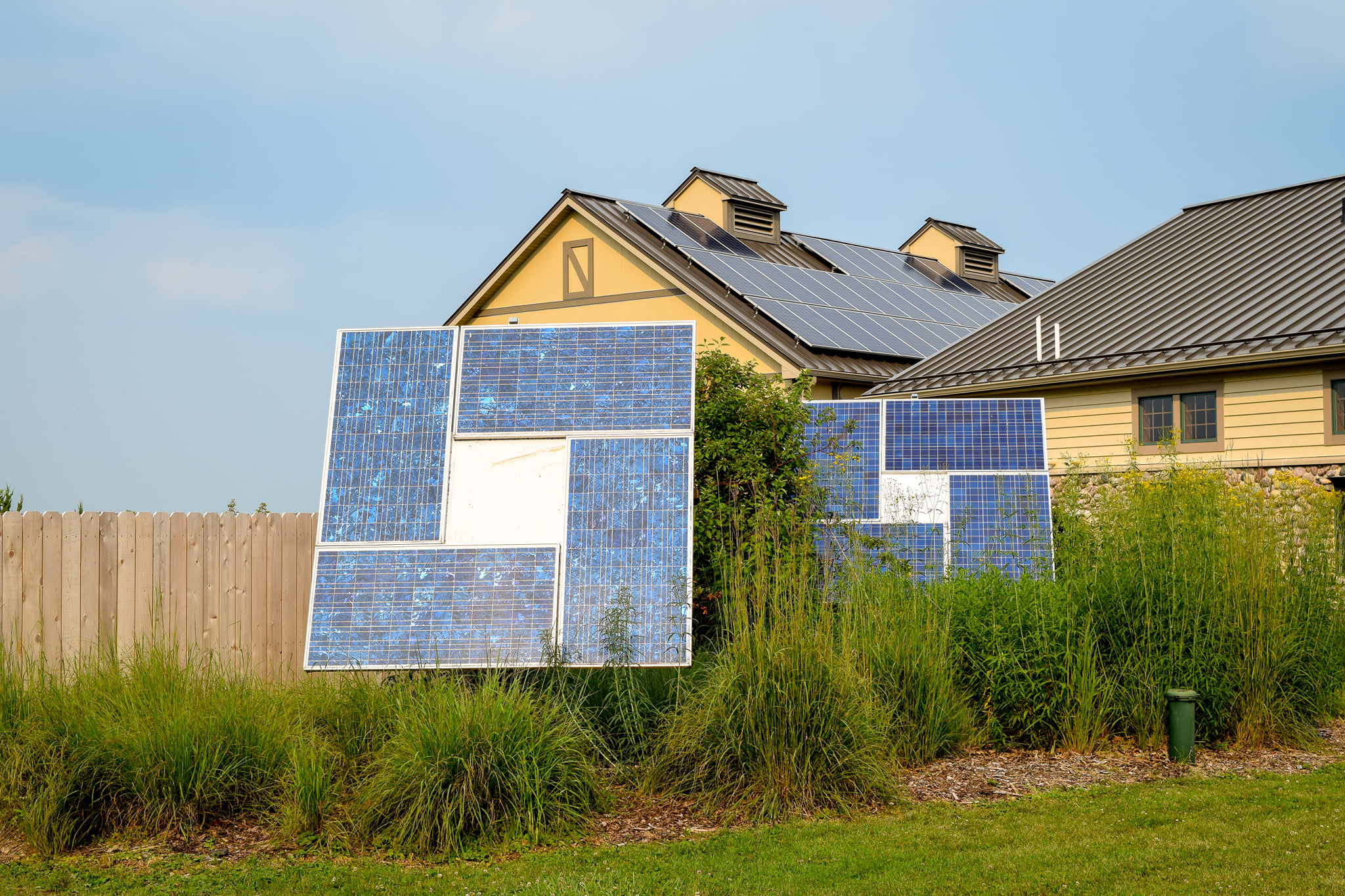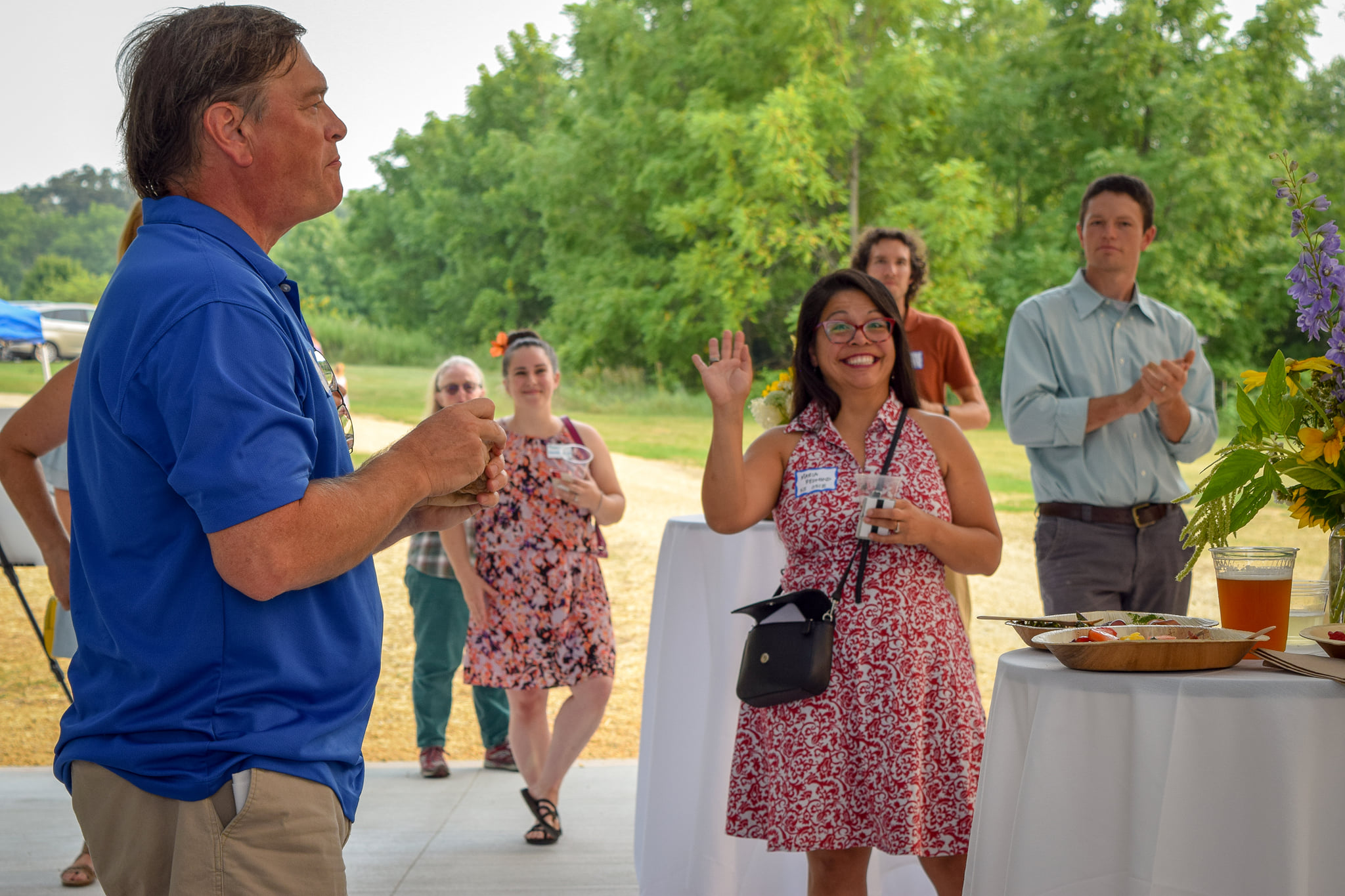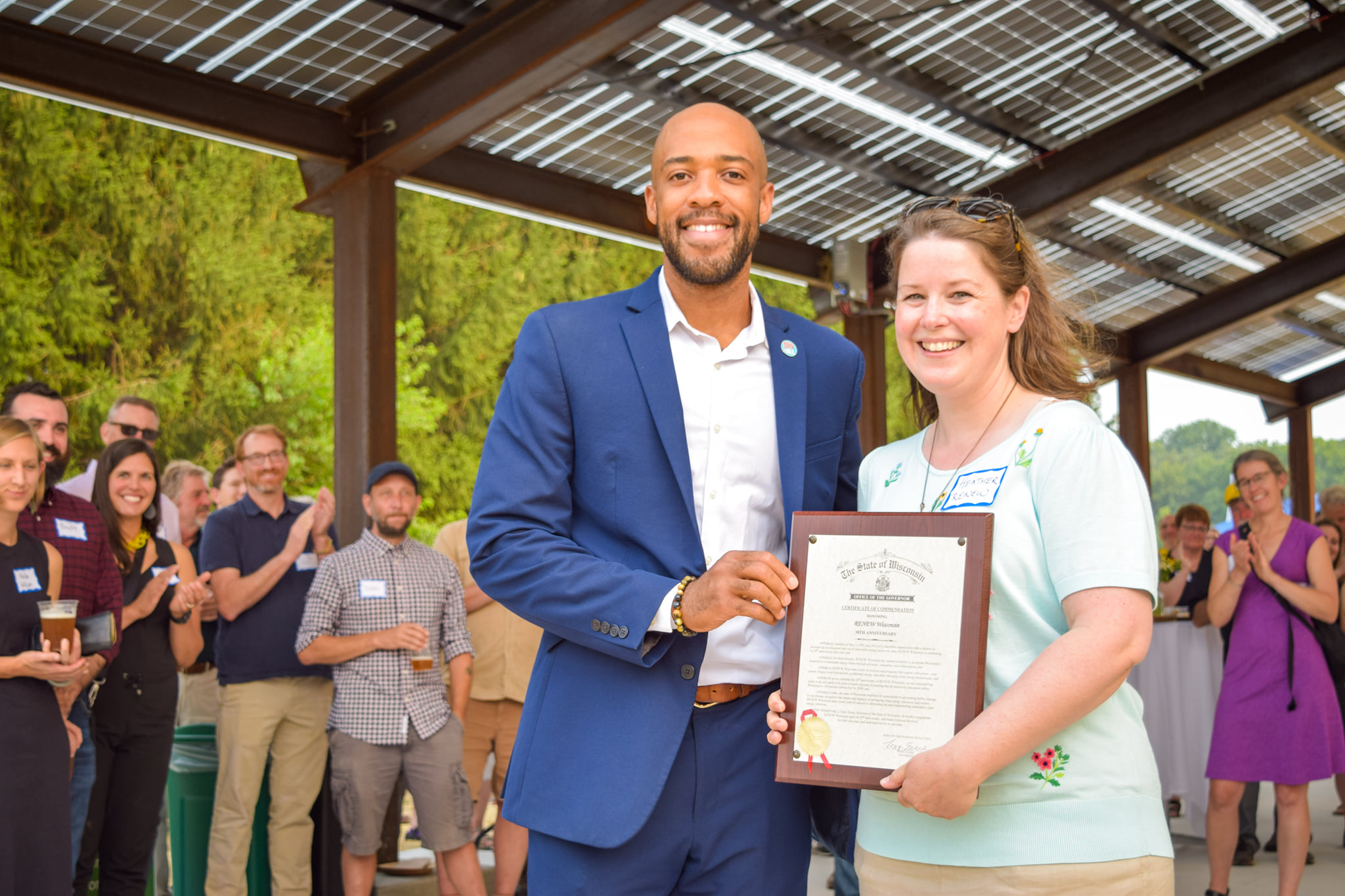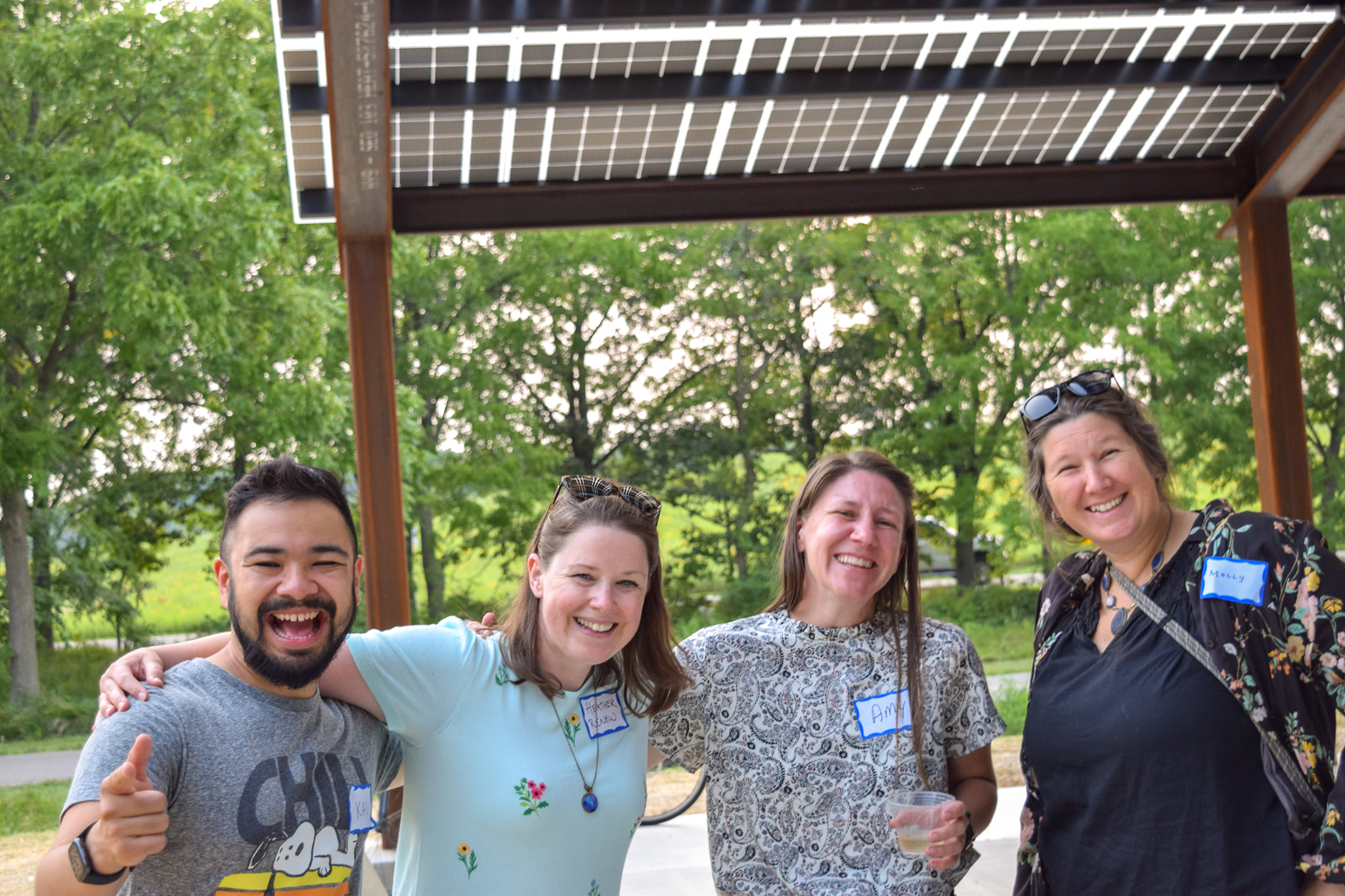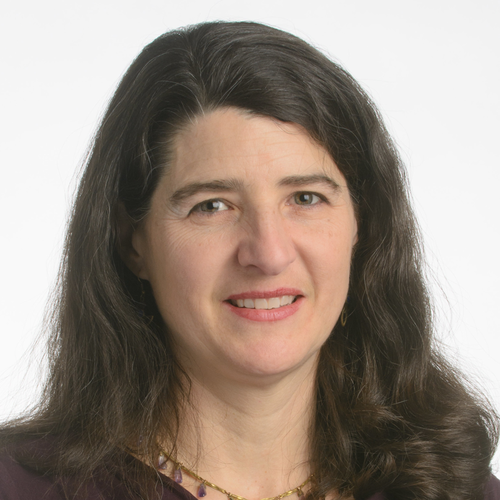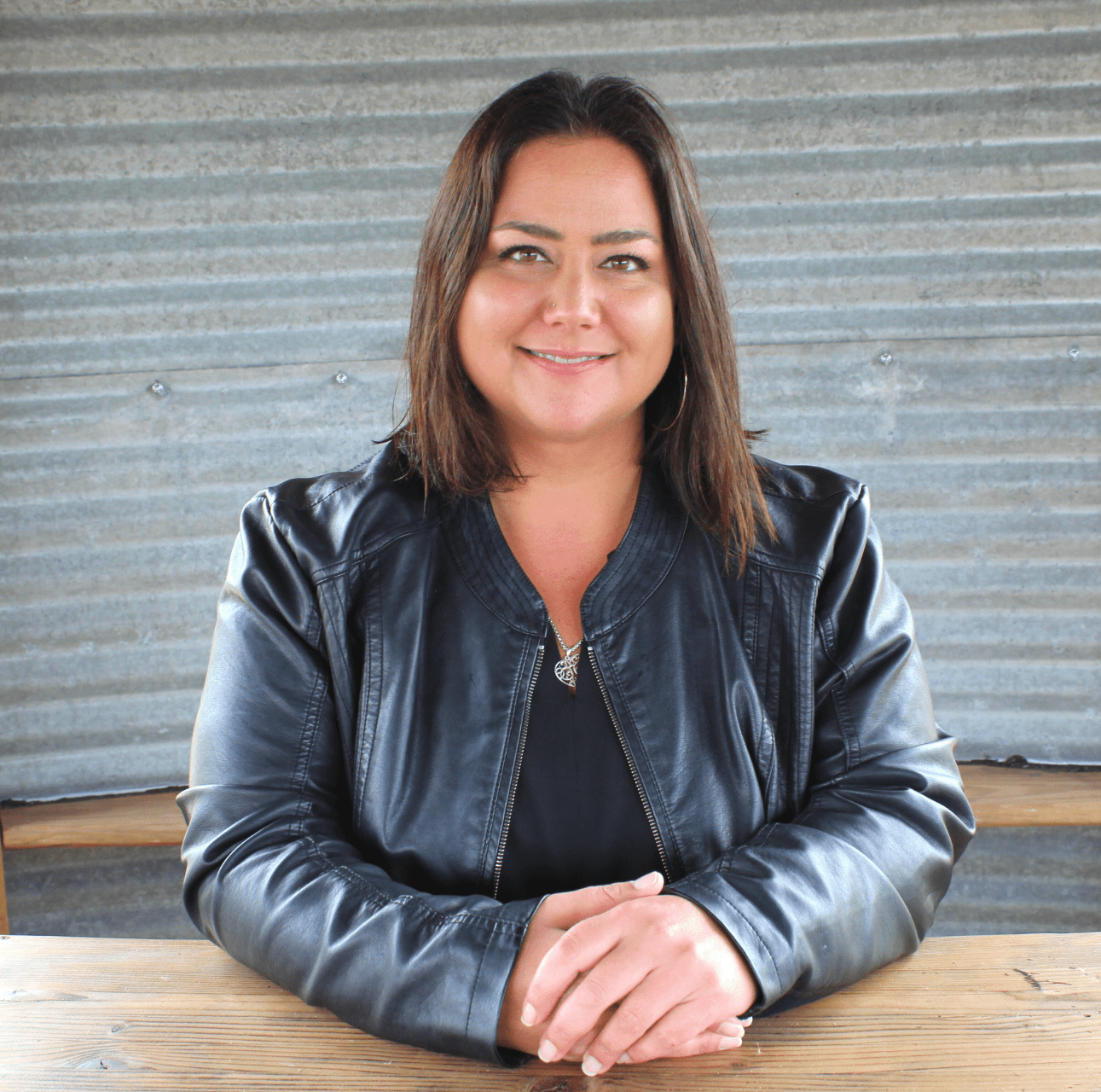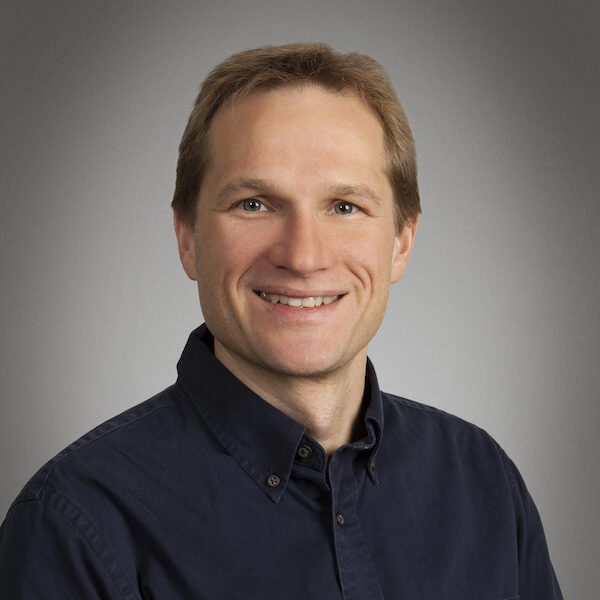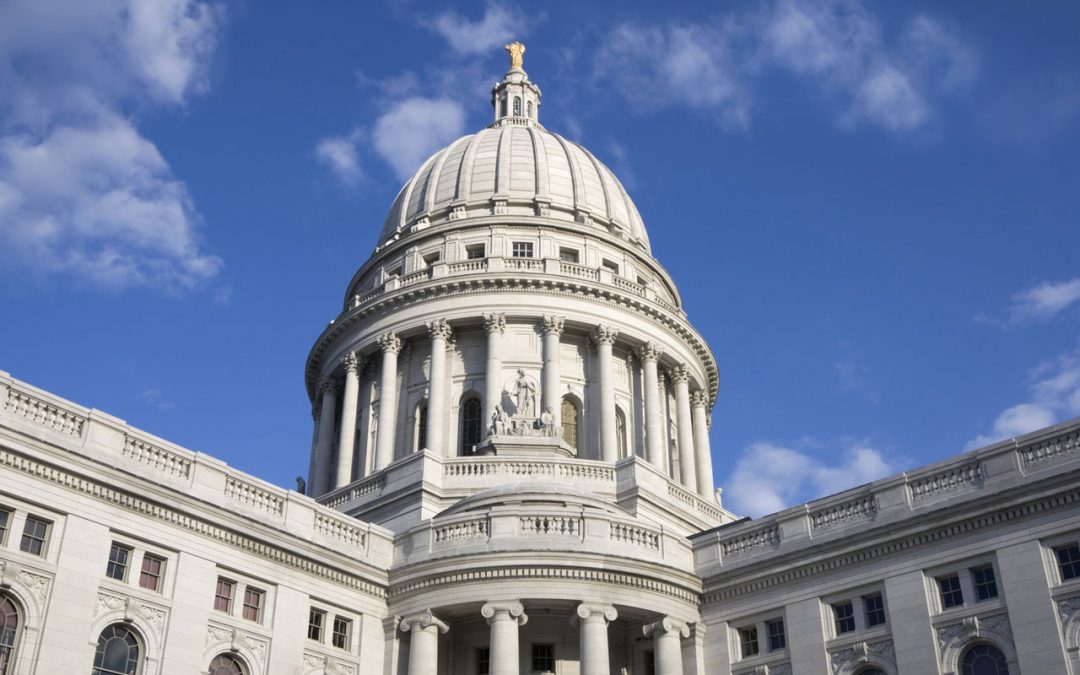
by RENEW Wisconsin | Oct 26, 2021 | Advocacy, Community, Community Solar, Electric Vehicles, Events, Home, Jobs, Legislative Watchlist, Local Government, Policy, RENEW Wisconsin, Renewables, Solar, Sustainability
On October 13, RENEW Wisconsin and Wisconsin Conservative Energy Forum (WCEF) hosted their first-ever Renewable Energy Day at the Capitol in Madison. The event included issue briefings by industry experts on a variety of legislation that has been introduced this year related to the solar and electric vehicle industries. Attendees then went to the State Capitol to speak with their legislators to gain support for these important issues.
During a welcome reception, the evening before the Day at the Capitol, RENEW and WCEF held a panel discussion “Energy in Transition: Policy and Politics.”
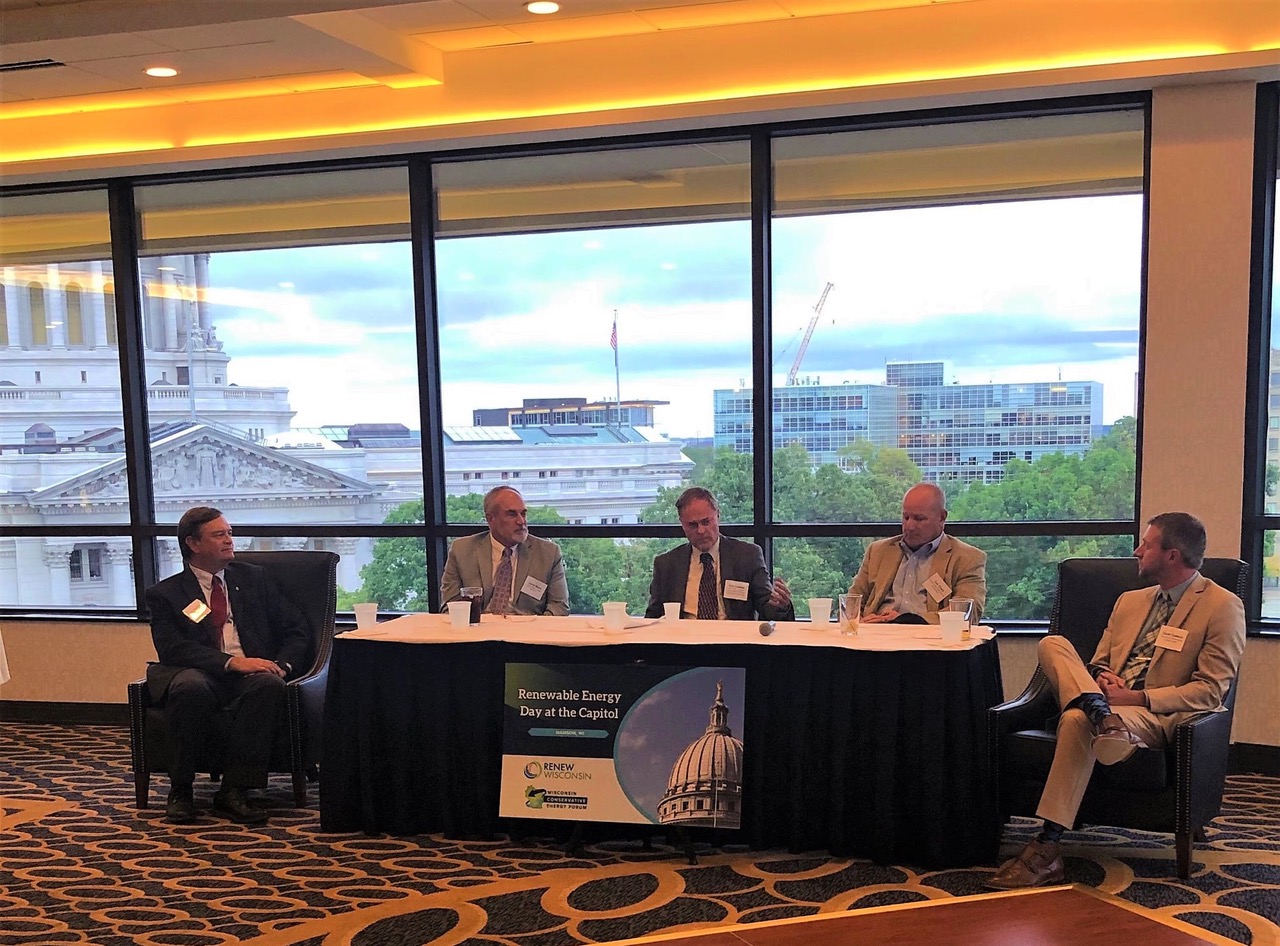
From right to left were moderator, Scott Coenen (WCEF), Dan Ebert (former PSC Chairman), Senator Rob Cowles, Larry Ward (Conservative Energy Network), and Jim Boullion (RENEW Wisconsin).
The panel discussed the current uncertainty in world energy markets and the impact that energy shortages and spiking prices will have on the world. There was consensus from the conversation that panelists believe renewables can help stabilize much of this energy uncertainty, but that the industry needs to be realistic about its role in a world where supply is not meeting demand. Businesses, households, and communities in Wisconsin should be empowered to invest in their own energy generation.
Before attendees went to the Capitol to meet with their legislators, there was an issue briefing with a panel of industry experts moderated by Jim Boullion, Director of Government Affairs for RENEW Wisconsin. The panelists explained in detail what legislative proposals were currently before the legislature, how they will impact renewable energy in Wisconsin, and what arguments are being made on both sides of the issue.
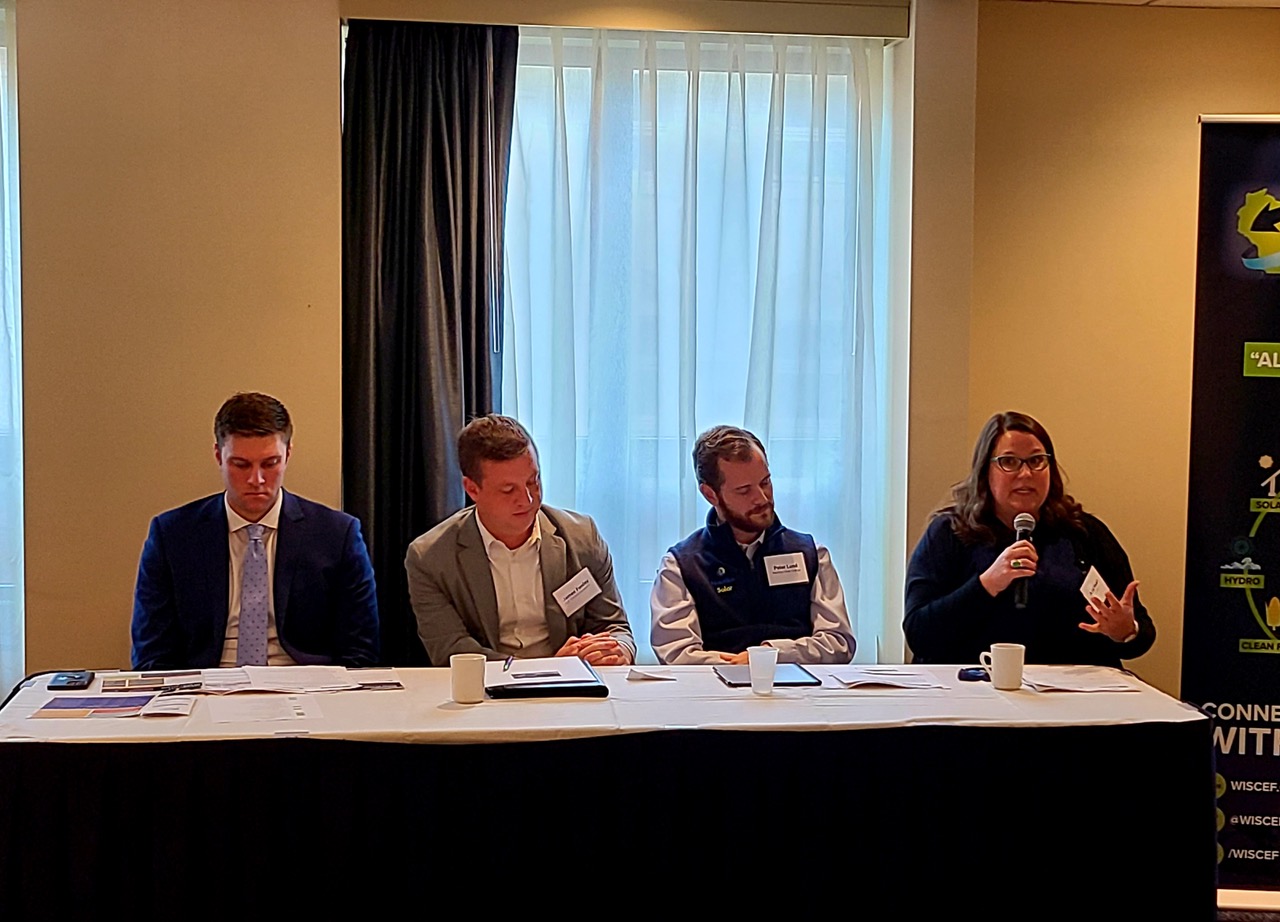
Issue briefing panelists, Left to right: Jason Mugnaini (Chief of Staff, State Senator Rob Cowles), James Fenley (SJL Government Affairs & Communications), Peter Lund (Financial Structuring Associate, Nautilus Solar Energy), and Amy Heart (Senior Director, Public Policy, Sunrun).
The first panel discussed two solar-related issues:
- Expanded Development of Community Solar – (SB 490 / AB 527 – Sen. Stroebel and Rep. Ramthun) This bill would authorize the development of non-utility owned community solar projects and provide access to the economic and environmental benefits of solar for those who can’t afford the full cost of a system, live in multi-family housing, or own property that is not suitable for solar.
- 3rd Party Financing/Leasing – (LRB 1550/1 Sen. Cowles and Rep. Cabral-Guevara) This legislation would clarify that 3rd party financing/leasing of renewable energy equipment is legal in Wisconsin, providing affordable financing options for people, businesses, municipalities, or not-for-profit entities who don’t have the resources to pay for solar on their own property.
The second panel, moderated by RENEW’s Jeremy Orr, Emerging Technology Program Manager, discussed electric vehicle issues such as Wisconsin’s recent Direct Electric Vehicle Sales legislation, SB 462 / AB 439 (Sen. Kooyenga and Rep. Neylon). Albert Gore, Policy and Business Development at Tesla, discussed how allowing manufacturers to sell electric vehicles directly to consumers creates greater access to the electric vehicle market, resulting in growth in the traditional dealership model. Read Jeremy Orr’s previous testimony on this issue here.
Likewise, Justin Ackley, Public Policy Manager at ChargePoint, spoke to the business clarity and consumer transparency that AB 588 / SB 573 (Sen. Cowles and Rep. VanderMeer) would provide, as it would allow non-utility-owned charging stations to charge by the kWh. Similar to a gas pump, where the price per gallon is displayed, kWh charging tells electric owners how much energy they’re paying for, regardless of how long it takes to charge their vehicle. The panel pointed out that while the main goal of this legislation is good, another section of it would create problems by prohibiting charging a fee if any of the electricity going through the EV charger comes from a non-utility source such as a solar+storage system.
Emerging technology allows EV chargers to be installed in areas, especially rural areas, that have inadequate grid infrastructure and can help limit costly spikes in energy “demand charges” for charging station owners. EnTech, a division of Faith Technologies based in Menasha, Wisconsin brought one of their portable solar+storage units to Capitol Square to demonstrate how the technology works and how flexible it can be. A similar system was set up at Bergstrom Ford in Neenah to help reduce the energy bills at their dealership. John Bergstrom, the owner of the dealership, told the story of why he worked with Faith Technologies to install the system in this podcast.
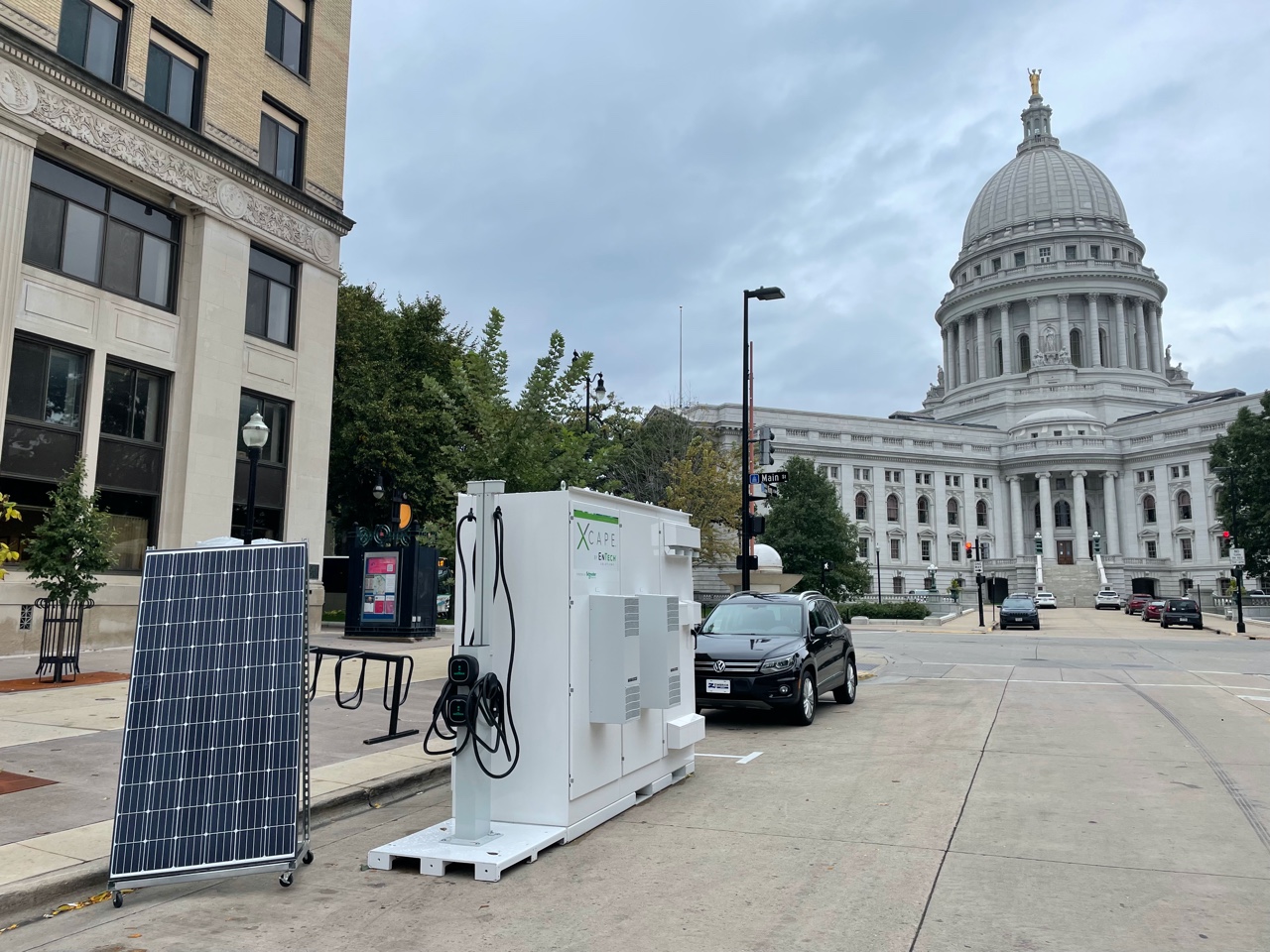
The panel closed the session by discussing two other bills recently introduced by Sen. Rob Cowles:
- $10 million in VW Settlement Funds for EV Charging Station Grants – (LRB-0254/1 Sen. Cowles and Rep. VanderMeer) Grants from these funds would be used to install electric vehicle charging stations at key locations throughout Wisconsin.
- Energy Storage Sales Tax Exemption – (LRB-1513/1) – Sen. Cowles and Rep. Duchow) This legislation would clarify that battery storage devices installed as part of a renewable energy system should be included in the sales tax exemption that already exists for renewable energy system equipment.
The 75 registered attendees made an impact by taking time out of their busy lives and getting involved in the political process. None of these issues will be easy to pass. In fact, most of them face significant opposition from powerful forces. But working together and building coalitions with pro-renewable energy friends helps get important legislation like this adopted.
If you would like to learn what you can do to help as well, contact Jim Boullion, Director of Government Relations at jim@renewwisconsin.org.
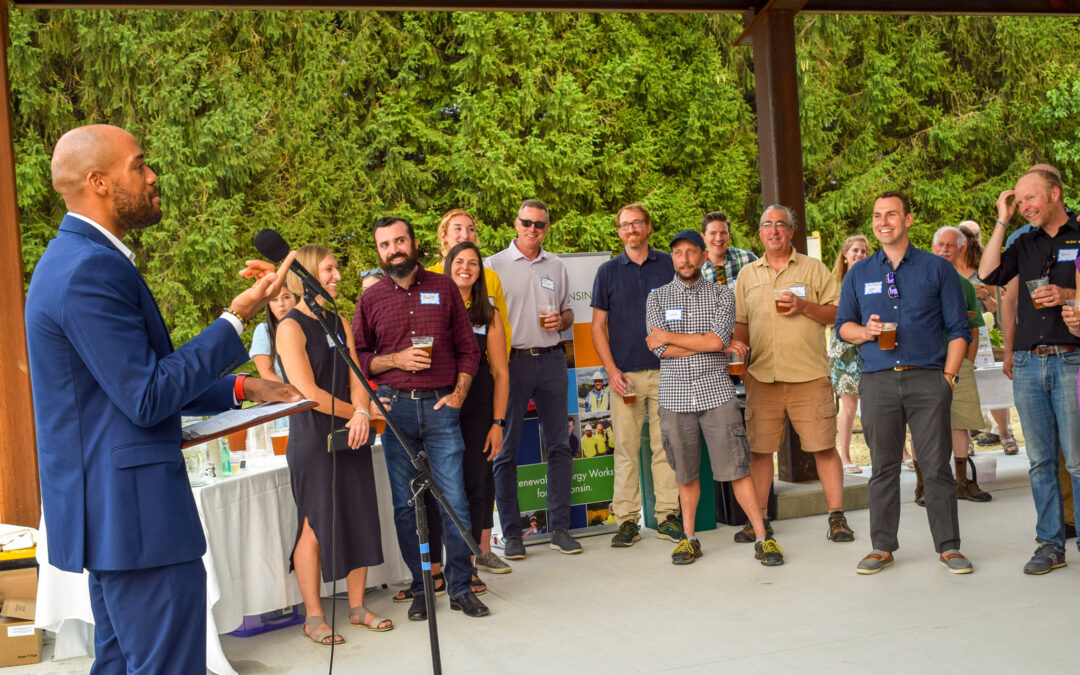
by Heather Allen | Aug 30, 2021 | Events, RENEW Wisconsin, Uncategorized
On August 3rd, 2021, RENEW Wisconsin gathered with friends and supporters under Dane County’s new solar shelter near Lussier Family Heritage Center to celebrate 30 years of advancing clean energy in Wisconsin. The weather was beautiful, and after a long period of limited opportunities for gathering in person, it was a welcome moment of connection and joy!
It was wonderful to see longtime friends and clean energy champions. Attendees enjoyed appetizers, drinks, and live music, reminisced over Wisconsin’s clean energy history, and discussed new energy policy and legislative opportunities for growth in Wisconsin.
It is a busy time for energy policy in Wisconsin! We work with lawmakers and regulators to defend renewable energy. This summer RENEW staff are engaged on the forthcoming Clean Energy Plan, the Zero Carbon Roadmap docket, interconnection rules, parallel generation rates, utility rate cases, as well as, legislation on community solar and direct sales for electric vehicles. From distributed solar to energy storage we are expanding the renewable energy market in Wisconsin.
Since 1991, our vision has not changed – to have clean, renewable energy powering a strong, healthy, and vibrant Wisconsin. We have made significant progress on our 30-year mission to lead and accelerate the transformation of Wisconsin’s renewable energy future through advocacy, education, and collaboration. You can support our urgent work with a donation today.
In advance of the event, Governor Evers issued a proclamation commending RENEW Wisconsin on 30 years of work advancing clean energy
Several special guests joined us:
- Lieutenant Governor Mandela Barnes
- Dane County Executive Joe Parisi
- Don Wichert, RENEW Wisconsin Founder and Emeritus Board Member
- Michael Vickerman, RENEW Wisconsin Policy Director
- Eric Udelhofen, RENEW Wisconsin Board of Directors
- and Stanley Minnick, Arch Electric, the evening’s emcee
Thank you to the Honey Pies for the music, Pasture and Plenty for the appetizers, Yellow Dog Farms for the flowers, Kai Brito for photos, and our sponsors Apex Clean Energy, Delta Beer Lab, eagleview, greenpenny, JDR Engineering Inc., PRC Wind, OneEnergy, and Wisconsin Conservation Voters.
This 30th anniversary would not be possible without the support of our members and partners. We thank you for joining us on this amazing journey to a stronger, healthier, more vibrant Wisconsin.
Missed our party but still want to celebrate? Sign up today for our September 26th, Ride with RENEW in Madison. Our annual bike ride will feature the Forest Edge Elementary School – the first net-zero school in Wisconsin!
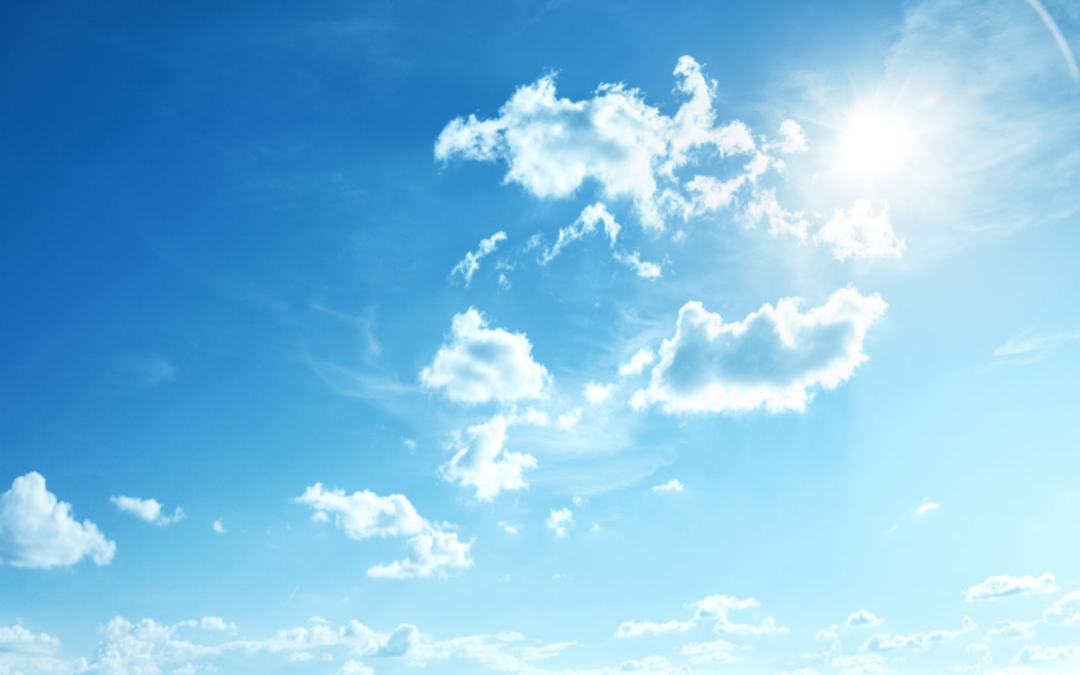
by Jodi Jean Amble | Jul 29, 2021 | RENEW Wisconsin
RENEW Wisconsin’s Board of Directors plays a vital role in setting our organization’s strategic vision and direction. And all dues-supporting members of RENEW Wisconsin were recently invited to vote in the 2021 Board of Directors Election.
RENEW Wisconsin would like to thank all members who voted in our recent election and congratulate our new and incumbent board members who embark on three-year board terms. Incumbent candidates Mike Cornell (Arch Electric), Amy Seeboth-Wilson (UW-Platteville), and Jessica Niekrasz (Clean Fuel Partners) will all retain their seats. And we would like to welcome the following three newly elected board members committed to helping us advance renewable energy in Wisconsin.
Samara Hamze
Energy Educator, Wisconsin K-12 Energy Education Program (KEEP)
Samara is an energy educator at Wisconsin’s K12 Energy Education Program, where she strives to increase energy literacy in schools through educator and student engagement. Her focus is to expedite the transition of Wisconsin schools to clean energy through teacher training, student leadership development, and career exploration programming, and connecting administrators to clean energy resources.
Her journey into clean energy started when she was an unsuspecting graduate student from North Carolina who thought a summer doing research on the shores of Lake Michigan would be interesting. Little did she know she would fall in love with the entire ecosystem of the Great Lakes, make it her home, and fight to protect its natural resources. She believes one of the great greatest threats to this ecosystem is climate change and the intersecting solutions for its protection and the protection of the biosphere lie in a rapid and just transition to clean energy.
Mariah Lynne
President/Owner, Good Steward Consulting
Mariah Lynne is Owner/President of Good Steward Consulting, a public outreach and communications firm specializing in utility-scale renewable energy developments in the Midwest.
She and her team assist developers in educating host communities, stakeholders, and the general public regarding development projects. Mariah lives on the edge of a 120-turbine wind farm and spent nine years as a farm wife on a multi-generational corn/soybean farm in rural southern Minnesota. She carries with her a keen understanding of rural/agricultural life and communication preferences. Mariah and her team are working with several developers in Wisconsin, across multiple projects in development. Additionally, she was a contributor to the public outreach and communications needs during development of the 300MW Badger Hollow Solar Farm in Iowa County, Wisconsin.
She has contributed to RENEW Wisconsin’s annual conference as a sponsor, panelist, and moderator in recent years. Mariah passionately advocates for our industry and is committed to communicating the benefits of renewable energy, and the synergies between development opportunities and agriculture, to the public. To-date, she and her team are assisting in the development of over 6GW of renewable energy in our region.
Ken Walz
Renewable Energy Program Director, Madison Area Technical College
Ken is a lifelong Wisconsin resident, and his ancestors came to Milwaukee shortly after the state was established. He earned his Ph.D. from the University of Wisconsin while performing research on advanced lithium-ion batteries with Rayovac and Argonne National Laboratory. He has lived in Dane County for the last 20 years and serves as the director of the CREATE Renewable Energy Center at Madison Area Technical College. He has also worked with the USDA Forest Products Laboratory, the National Renewable Energy Laboratory, and the University of Rochester Center for Photoinduced Charge Transfer. He has served as a committee and board member for the Wisconsin Distributed Resources Collaborative, the Wisconsin Biodiesel Association, the Wisconsin Center for Environmental Education, the K-12 Energy Education Program, and the Solar Ready Vets Program.
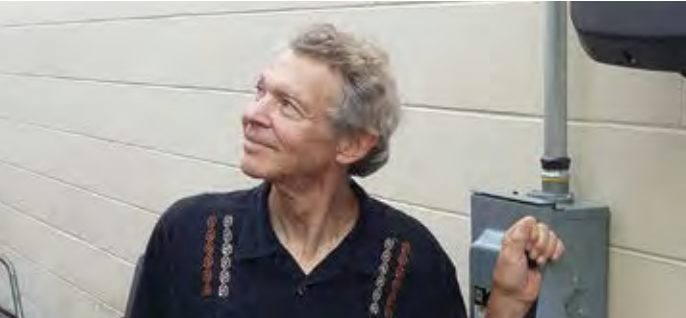
by Elizabeth Misel | Jun 4, 2021 | Community, RENEW Wisconsin, Renewables
In 1991, Don Wichert saw a need for an organization to advocate for Wisconsin’s renewable energy future. As founder and first executive director of RENEW Wisconsin, Don set forth on his mission to promote the development and use of renewable energy resources in the state of Wisconsin. Thirty years later, RENEW is a thriving and growing nonprofit organization working towards clean energy powering a strong, healthy, and vibrant Wisconsin.
RENEW Wisconsin’s accomplishments over the past 30 years are part of Don’s legacy. But there is more work to be done, and Don knows RENEW needs a stable financial foundation to continue its work for another 30 years. He worked with Madison Community Foundation to create a RENEW Wisconsin Charitable Gift Annuity and the RENEW Endowment Fund to ensure a financial pipeline for our clean energy future.
CHARITABLE GIFT ANNUITY
For donors interested in taking a charitable deduction on their taxes in the current year while still receiving income from those assets, a charitable gift annuity (CGA) offers the opportunity to achieve both goals. CGAs allow you to make a current tax-deductible gift to benefit RENEW Wisconsin while still receiving a lifetime annual income.
The idea of a charitable gift annuity was very appealing. The guaranteed interest rate was high enough to make it a reasonable investment during my lifetime. And the CGA provides tax benefits too…RENEW, and the work that it does is my legacy.
Don Wichert, RENEW Wisconsin Founder
RENEW ENDOWMENT FUND
The RENEW Endowment Fund supports paid internships from the Energy Analysis and Policy Program at UW-Madison. This endowment allows RENEW to offer a hands-on, real-life job experience to future leaders in renewable energy.
The RENEW staff gave me the trust and mentorship I needed to become a strong clean energy policy advocate. I was able to grow my utility regulation knowledge, energy education skills, and Midwest clean energy network. Thank you, RENEW WI, for being my strong stepping stone into the clean energy industry.
Lauren Reeg – Energy Analysis and Policy Intern
You have the opportunity to help create a cleaner, stronger, more vibrant Wisconsin by setting up a Charitable Gift Annuity listing RENEW Wisconsin as the beneficiary and/or giving to the RENEW Endowment Fund. Madison Community Foundation makes giving incredibly easy.
I can help facilitate communications with Madison Community Foundation to start planning your legacy now. Contact me at: Elizabeth@renewwisconsin.org or call 608-255-4044 ext. 7
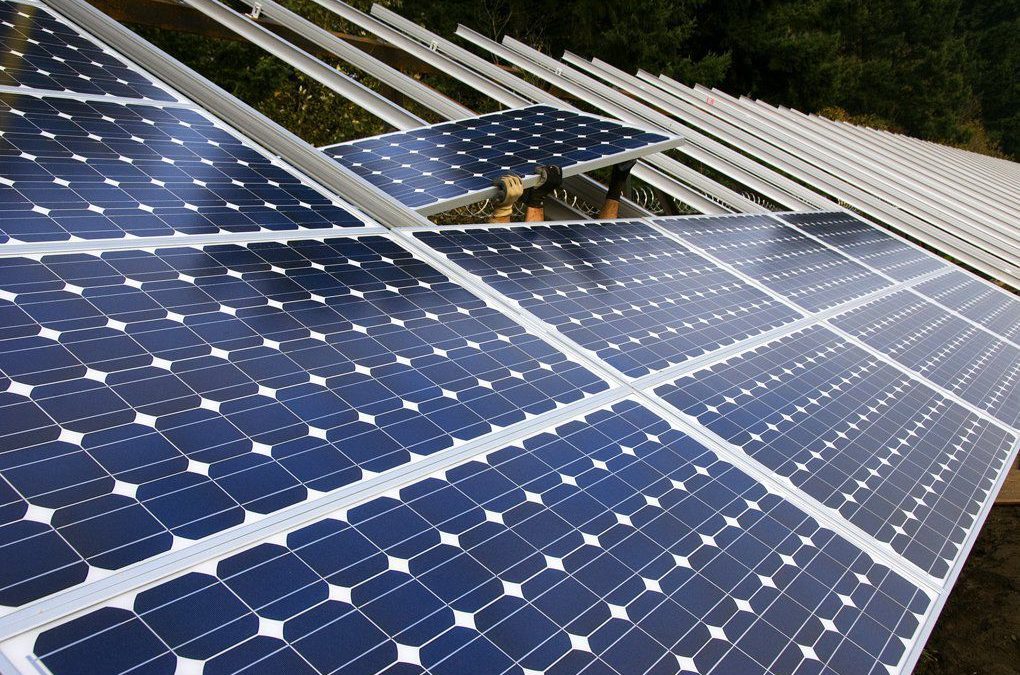
by Michael Vickerman | Mar 16, 2021 | Policy, PSC Priorities, Public Service Commission, RENEW Wisconsin, Renewables, Solar, Utilities
After simmering on the proverbial back burner for nearly two years, the third-party financing issue relating to customer-sited solar power has been thrust back into the public spotlight as pressure builds to resolve the legal questions surrounding it.
The reemergence of this issue can be traced to two parallel developments. The first is a Public Service Commission (PSC) proceeding moving toward a ruling settling the legality of third-party-owned solar systems serving individual retail customers. The second is a lawsuit recently filed by the Midwest Renewable Energy Association in Portage County Circuit Court, challenging the PSC’s authority to regulate the financing of behind-the-meter systems that serve host customers only.
The PSC proceeding began in March 2019 when Eagle Point Solar, a Dubuque-based solar contractor, filed a complaint against We Energies for blocking the installation of rooftop arrays serving the City of Milwaukee. In its complaint, Eagle Point contends that PSC Chapter 119, which regulates the interaction between small-scale electricity producers and the utility grid, does not give We Energies the right to deny interconnection to a customer based on how the generating equipment is financed. According to We Energies, however, a third party owner of the equipment that supplies electricity to one customer under contract should be regulated as a public utility.
Following an extended period of legal maneuvering, the PSC set in motion a process for investigating Eagle Point’s complaint (Docket 9300-DR-104). In so doing, it expanded the scope of the proceeding to consider the public utility question that led to the interconnection denial. When the parties finished entering evidence into the hearing record, the PSC opened a public comment window on the proceeding, which ended on February 23rd.
Supporters of third-party financing sprang into action, led by RENEW. To illustrate the breadth and depth of support for opening up the solar market in this fashion, RENEW circulated an action alert encouraging those who care about this issue to submit comments supporting Eagle Point’s position. Networks such as Wisconsin Climate Table, Wisconsin Health Practitioners for Climate Action, and our own solar contractor e-mail list helped circulate RENEW’s alert beyond our own activist base. At the same time, organizations such as 350 Madison and Environmental Law and Policy Center (ELPC) asked their activists and members to post comments on the PSC website.
As a result of our combined efforts, a total of 336 individuals and organizations weighed with their views on the Eagle Point matter. Of that, 327 comments expressed support for opening the market to allow third-party ownership of solar electric systems in Wisconsin. In that overwhelming display of support, several themes prevailed, including the following:
- Third-party financing is already expressly authorized in 28 states;
- Allowing third-party-owned solar systems is consistent with Wisconsin case law;
- The threat of being regulated as a public utility discourages businesses from providing solar power generated onsite to retail customers through leases and sale agreements;
- Third-party financing would make solar power affordable to low-to-moderate income households and nonprofit entities such as schools;
- Expanding solar financing options would help communities reduce their reliance on harmful fossil energy sources; and
- Expanding solar financing options would invigorate local economies.
These arguments track closely to those articulated by Wisconsin solar contractors and consultants in a March 2019 filing urging the Commission to approve Eagle Point’s petition. Similar to our efforts during the comment period, RENEW shaped the themes in that statement and pulled together a coalition of market actors to demonstrate support for third-party financed solar energy. In the intervening two years, Eagle Point Solar and the City of Milwaukee labored to amass a set of facts and legal arguments to support a finding that WEPCO’s action was unlawful.
The merits of this case are clear-cut, as are the regulatory remedies. Other states that regulate electric utilities have taken steps to affirm the legality of third-party-financed solar, most notably Iowa, which did so in 2014, the result of a long and expensive legal fight waged by Eagle Point. In contrast to Iowa, the State of Wisconsin has allowed this issue to languish for many years without resolution.
But with the filing of briefs from parties on March 10th, the Eagle Point proceeding has finally reached the home stretch. The strong outpouring of public support for third-party financed solar tells us that a policy call from the PSC is long overdue.
In a brief representing RENEW and other solar advocates, we urged the PSC to take the following actions:
- Order WEPCO to interconnect the City of Milwaukee solar projects, regardless of how those projects are financed;
- Clarify that a utility may not deny interconnection based on project ownership, and
- Clarify that third-party owners of customer-sited distributed generation are not “public utilities” under Wisconsin law.
RENEW would like to thank Eagle Point Solar and the City of Milwaukee for leading this crucially important regulatory battle, ELPC for drafting a particularly persuasive legal brief on behalf of clean energy advocates, and the 327 commenters who affirmed their desire for an expanded solar marketplace free of utility interference.
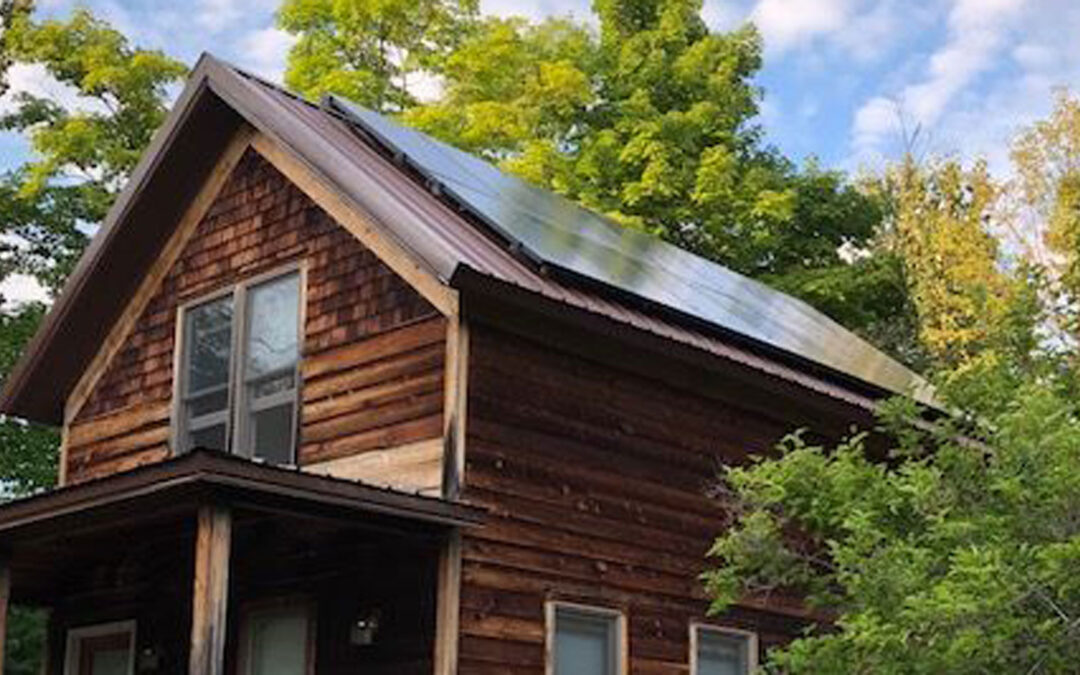
by Heather Allen | Jan 28, 2021 | Advocacy, Community, Policy, PSC Priorities, Public Service Commission, RENEW Wisconsin, Renewables, Solar
COAUTHORS: Michael Vickerman and Lauren Reeg
Wisconsin’s distributed generation (DG) renewable energy market lags behind comparable states.[1] As seen in other states, DG helps diverse groups of individuals and organizations, including businesses, residents, renewable energy customers, and future renewable energy customers, gain access to renewable energy and create a more fair and navigable market.
Whether it takes the form of behind-the-meter generators powering individual customers or larger projects feeding power directly into the distribution grid, DG is a vitally important segment of the renewable energy landscape. Customer investments drive these installations with benefits extending to Wisconsin businesses, residences, governments, nonprofits, and their communities. DG clean energy investments help spur local economic investment, support clean energy jobs, and save Wisconsin money that otherwise would have been spent on importing fossil fuels.
It has long been RENEW’s view that a more fair, clear, and consistent regulatory environment could strengthen the DG market and accelerate the transition to renewable energy in Wisconsin.
In June 2020 the Public Service Commission of Wisconsin (PSC) convened an investigative docket” (5-EI-157) to identify regulatory barriers that effectively put a tight lid on Wisconsin’s DG market, especially customer-sited DG.
This investigation is structured to encourage input and recommendations from organizations and entities that support small-scale DG. RENEW has assembled an expert legal and technical team for this docket—Tim Lindl and Melissa Birchard of Keyes and Fox, and Justin Barnes of EQ Research. We invite you to review the legal and policy analysis we provided to the PSC in August 2020 and in January 2021.[2] A coalition of organizations (Clean Energy Advocates) joined our comments to the PSC, demonstrating broad support for an improved DG market. This ongoing investigation is the best opportunity we’ve had in more than 10 years to advance renewably powered DG before the PSC.
The success of this campaign will strengthen and expand the renewable DG market in Wisconsin. If you support this work, please consider a donation to RENEW today. Together we can champion renewable energy growth in Wisconsin and we are poised to make significant progress in 2021. Join us today!
Wisconsin has fewer net metering customers than comparable states
Net metering customers represent an important segment of the renewable energy market, however, Wisconsin is falling behind. In the last four years, net metered customers in Wisconsin have grown by only 0.11%, well below the increases seen elsewhere in other states since 2015.
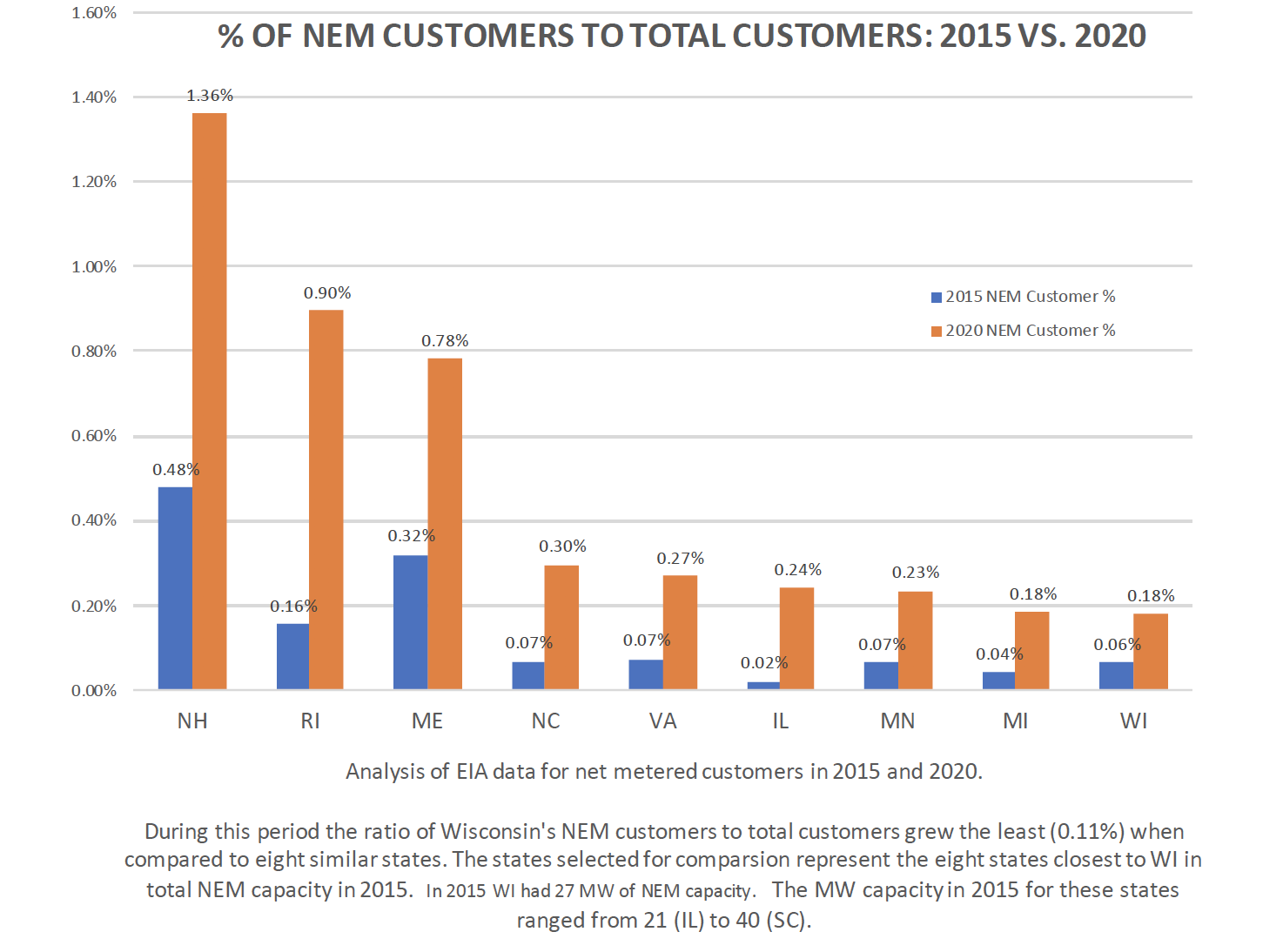
Fair and clear distributed generation policies would grow the renewable energy market in Wisconsin
RENEW Wisconsin aims to enlarge the market share for non-utility-owned renewable DG, including both self-supply and grid-supply projects. In furtherance of that goal, we’ve developed a number of principles that should inform decisions rendered in the DG docket. These include:
- Ensuring developer access to standard offer contracts that have terms for reasonable compensation.
- Giving developers insight into system and utility resource needs to help them target their planned investments.
- Provide larger energy users with better and less restrictive opportunities for larger self-supply resources.
- Standardize and improve net metering rates for all customers across Investor-owned Utilities (IOUs).
In addition to behind-the-meter systems, RENEW has also set forth a path for front-of-meter renewable generation projects up to 20MW. These types of projects should be eligible for 20-year standard offer contracts that are pegged to the same methodologies that utilities use when assigning value to their own generation projects. Leveling the playing field for compensating solar is essential to increasing customer investment opportunities, and expanding the solar workforce.
RENEW is optimistic that by the end of the docket the PSC will land on several beneficial policy changes for promoting renewable DG. These policy changes could be taken up later this year through the anticipated utility rate case filings. Should events unfold along these lines, solar developers and customers stand ready to benefit from a more fair, clear, and consistent renewable energy market.
Join RENEW’s campaign to advance renewable distributed generation in Wisconsin
Since 1991, RENEW has been the state’s preeminent advocate for renewable energy. At the macro scale, solar and wind can outcompete fossil fuels on cost and environmental performance. For the first time in more than a decade, we have an opportunity in Wisconsin to broaden the clean energy transition underway to benefit all customers who place a value in a healthy energy economy. A clear, fair and forward-looking regulatory environment will be crucial to spreading renewable energy across all sectors of society. RENEW is bringing together the leadership and expertise necessary to undo the regulatory barriers that have held renewable DG back, and to replace them with policies to make renewable DG more accessible, affordable, and plentiful across Wisconsin. We hope you will join us in this work by donating today. 2021 promises to be an exciting year!
[1] RENEW evaluated eight states closest to Wisconsin in terms of cumulative Net Energy Metering (NEM) capacity at the end of 2015, i.e., the four states immediately above and below Wisconsin in EIA data listing NEM capacity by state. The eight states closest to WI in NEM capacity in 2015 included NH, RI, ME, NC, VA, IL, MN, and MI. The 2020 data is based on NEM capacity through April 2020. The percentage of total customers uses 2018 total state customer counts for both calculations. Note that Wisconsin has fallen behind states it had previously led. See bar graph for more information.
[2] In the most recent comments filed by Clean Energy Advocates, we looked at this year’s PSC calendar to assess how our recommended actions can make their way into regulatory policy. The DG docket now underway is well-timed in that we expect every Class A investor-owned utility in Wisconsin to file for new rates in 2021.






